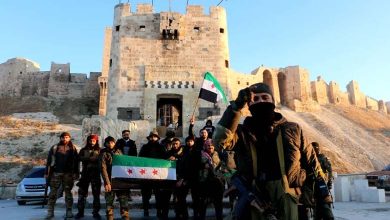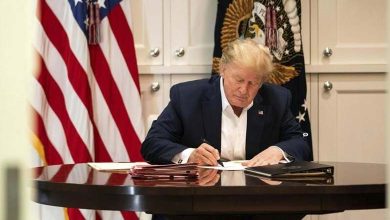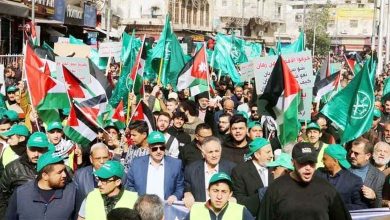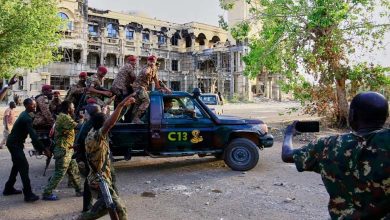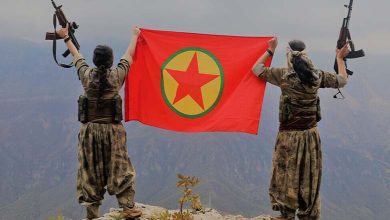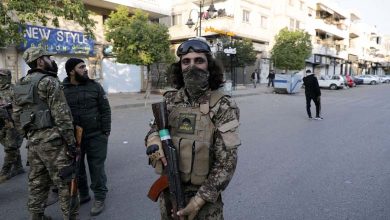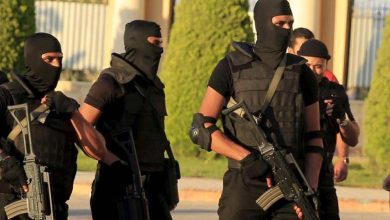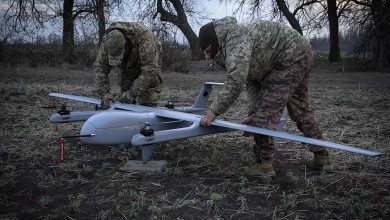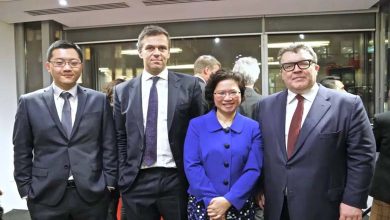Dissident Brotherhood Leaders Reveal the Terrorist Organization’s Plan to Destabilize the Region with Their Lies
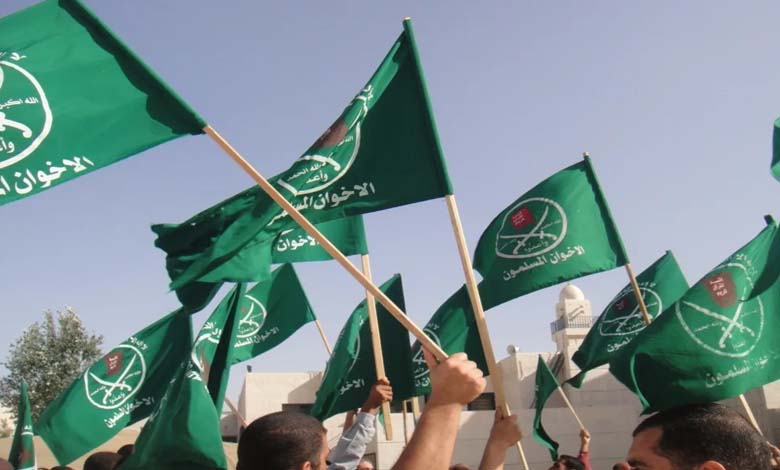
Despite the departure of the Muslim Brotherhood from power in Egypt in June 2013, the organization is desperately trying to remain present on the political scene. They have devised a multi-faceted plan, the two main pillars of which are the destruction of the state and the control of social media through what they call “electronic committees.”
-
Corruption of the Muslim Brotherhood in Yemen… Embezzlement, Extortion, and Trading in People’s Needs
-
Brotherhood Battalions
Reports indicate that the Brotherhood‘s control over social media stems from their early realization of the internet’s importance as one of the most crucial new means of communication and information dissemination; in an instant, an individual can learn everything about an event. Taking advantage of the ease with which young people acquire ready-made information, the Brotherhood has adapted to this trend but according to their own ideas. Thus, they have spread across the online space, presenting their ideas and making the awareness of young people dependent on another click to distort their consciousness and perception. The online space has become a new battleground in the wars of awareness and mind control with the proliferation of so-called “electronic committees.”
The Brotherhood‘s Plan
In this context, the organization has trained highly skilled Brotherhood cells to prepare files and studies and plan targeted propaganda campaigns they want to pass on to society. These campaigns aim to manipulate the awareness of young people in the Arab and Islamic world with erroneous ideas or drag them into side battles that drain their energy. The goal is not to directly spread the Brotherhood‘s messages or write about their history or highlight their personalities, as this task is reserved for the Brotherhood‘s official pages. The committees’ mission is rather to discuss general topics, present negative aspects, and focus on them according to the tactics of peaceful resistance and the option of “non-violent warfare” to stir internal conflicts.
The Brotherhood uses three categories to spread their ideas: the first is electronic committees, which are fake accounts aimed at unifying the meaning or idea the Brotherhood wants to repeat over a specific period, including female accounts affiliated with the organization promoting its ideas. Then, there are the other Brotherhood accounts and their supporters who accept these hashtags and transmit their content to their surroundings through direct meetings, whether in transportation, family gatherings, with friends in cafes, or during student gatherings, making the recipient feel that these ideas are true and sincere, as revealed by a report from the “Roaya” news network.
Work Mechanism
Dr. Ibrahim Rabi’, a dissident Brotherhood leader, explains that the Brotherhood‘s mechanism for controlling the public awareness of online space users relies first on their control of multiple and varied media platforms that adopt the Brotherhood‘s lies and speak on their behalf to present them as confirmed truths.
He adds that their plan includes activating what they call “response rooms,” a term used to signify the amplification of an event or idea or to highlight it to reinforce sectarian beliefs and deceive the majority into thinking they are widely held beliefs. For example, they massively participate in specific trends on Twitter to prove their claims in various ways, notably through fabricated videos, often old and even some from outside Egypt.
The Greatest Danger
Political writer and researcher Tarek Al-Beshbeshi states: “Throughout the Brotherhood‘s history, they have committed many crimes, but the most dangerous and influential are those that shape the consciousness of young people and adolescents.” He adds that the organization has always exploited the latest methods and means to reach young people, and since the beginning of the 2000s, the idea of electronic brigades has emerged.
Al-Beshbeshi confirms that the origin of these electronic militias dates back to Khairat El-Shater, the deputy supreme guide, when he was threatened with imprisonment for security cases. “He then tasked the committees with defending him publicly. These committees then evolved to play the role of attackers, attacking and defaming opponents. When the January revolution occurred, the Brotherhood promoted themselves as the greatest force capable of protecting Egypt. Many believed them and were deceived, allowing them to take control of the Parliament.
But when they took power, they failed to promote the achievements of their representative in the presidency, Mohamed Morsi, and their credibility suffered. With the revolution of June 30, 2013, the Brotherhood had nothing left but their electronic committees to spread despair and chaos after failing to destroy the state.”


